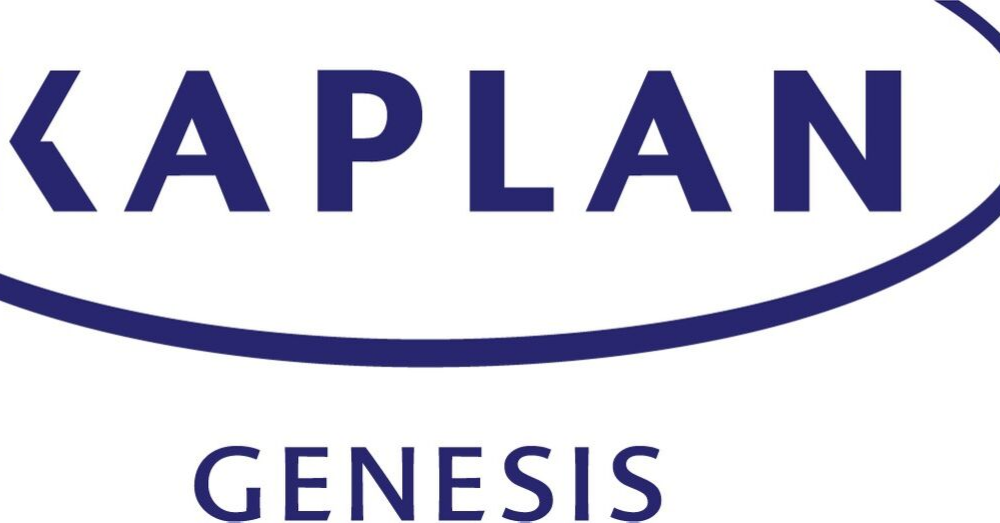To aid the vision of developing capabilities and shaping the future leaders of this region, Kaplan is pleased to announce the launch of our Nationals’ development initiatives.
GCC governments are investing heavily in education for the young Nationals with a long-term vision to build a professional workforce. The skills gap, however, is getting bigger - as knowledge economies demand more competencies.
There is now an urgent need to make targeted investments into the initiatives that can align the expectations of young people with rapidly evolving needs of employers in public as well as private sectors, to ensure that the future workforce has the necessary skills to successfully enter the world of work.
Furthermore, the employers across GCC are seeking two critical capabilities within their local workforce – interpersonal and communication skills and the understanding of business acumen.
Kaplan’s Nationals’ Development Programme is targeted at two key cohorts: graduates and new hires and the high potential employees placed in managerial roles.
Our solutions provide a useful structure to evaluate the Nationals’ current level of professional capability and the interventions needed to improve their performance, aligned to the organisational culture and values.
Our Judhur (جذور) Programme aims to bridge the gap between formal education and the workplace expectations. It is focused on enabling new hires and young National graduates to move forward on their career development path by adapting to the culture and values of the business with a positive outlook. Our approach is to integrate the on-boarding process with a relevant professional development strategy that syncs new hires to the organisation.
The Jadara (جدارة) Programme aims to develop the high-potential National talent and set them on a path to becoming future leaders. This programme deploys a two-pronged approach. The first - to equip them with well-defined technical competencies needed to make sound commercial judgements using business acumen by accurately assessing the market environment. The second - enhancing their behavioural confidence using a holistic leadership approach which will enable them to effectively manage their stakeholders.
Built around a pragmatic and comprehensive framework, both programmes can be flexed to incorporate existing training initiatives and are versatile enough to allow organizations to plug-in specific technical and behavioral competency based training solutions.
Share This Post















